Traducción automática
El presente sitio Web está traducido a varias lenguas españolas oficiales en sus respectivos territorios, de conformidad con lo establecido en el artículo 3 de la Constitución Española de 1978 y sus Estatutos de Autonomía.
Las lenguas son el catalán, el euskera, gallego, valenciano, inglés y francés. Se advierte que, con carácter general, puede existir un desfase entre la versión en castellano y en las otras lenguas, derivado del proceso de traducción a las mismas.
Financing The European Social Fund
The Esf (European Social Fund) is the main instrument with which europe supports the creation of employment, helps people to get better jobs and ensures fairer job opportunities for all eu citizens. To that end, the ESF invests in human capital of europe: workers, young people and all those seeking employment.
European Social Fund ESF + 2021 - 2027
La Subdirección General de Gestión Económica, designada organismo intermedio para el nuevo Programa FSE+ 2021-2027
The Unit Power of the european Social fund (UAFSE), through an agreement signed in may 2023 , designated the public employment service Estatal (SEPE) as an Intermediary (OI) for the new programming period ES-FSE + 2021 - 2027 .
This is the intermediaries for the three programmes adopted by the state: education, training, employment and Social Economy (EPHESUS); Youth Employment (EJ); and Social inclusion, Security and fight against poverty (INCLUSION), with a total cost, each of them, by respective amounts of: 1 . 301 . 598 . 089 €, 789 . 807 . 168 €, and 632 . 093 . 960 €.
For the fulfilment of the cost of these programmes set a path of financial aid cofinanced by the esf +: 906 . 434 . 520 €for the ephesus; 550 . 023 . 892 €for EXAMPLE; and 440 . 185 . 822 €for the Social inclusion. In Addition, of the programmes adopted by the state, will coexist 19 other regional programmes, one by each autonomous community, Ceuta and Melilla.
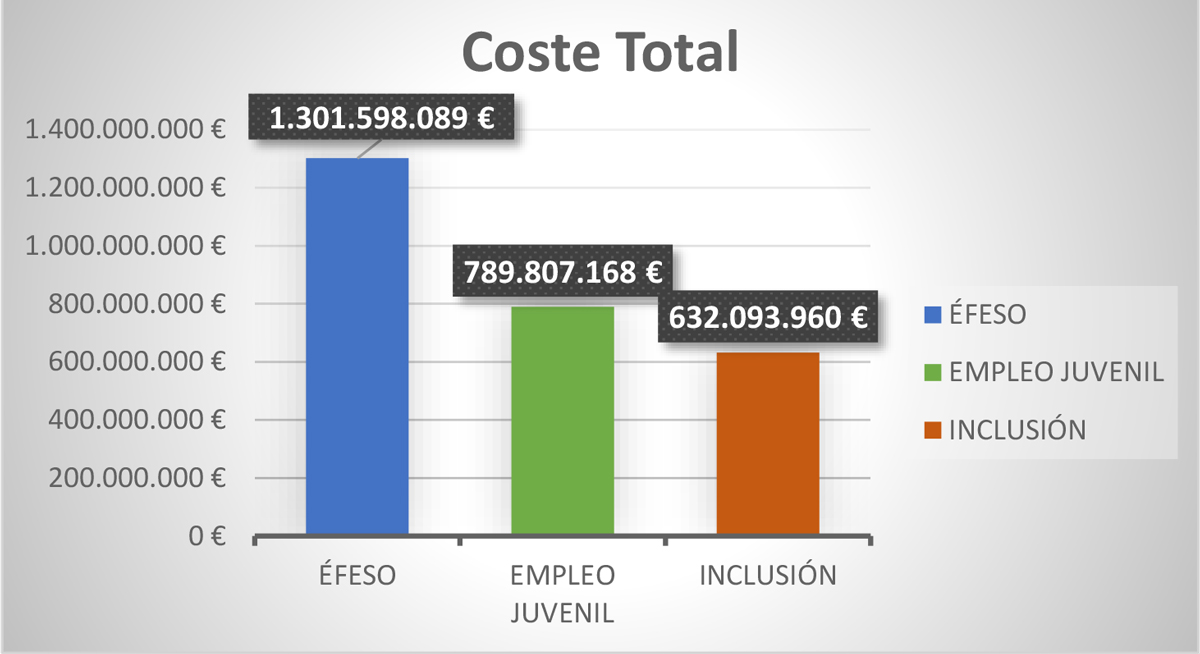
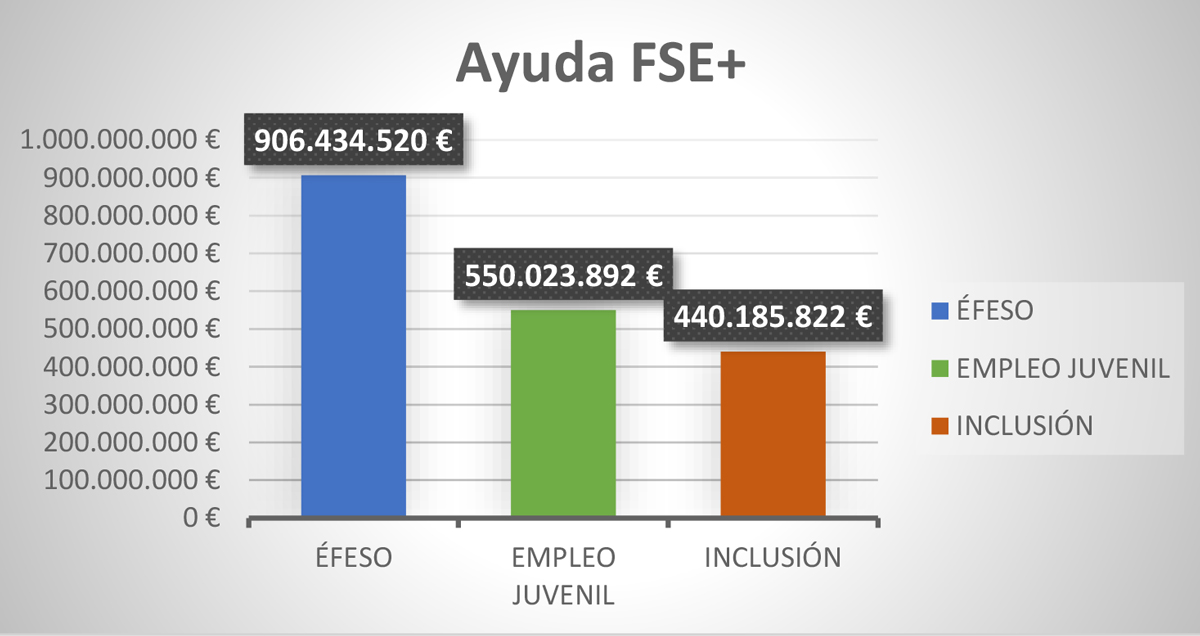
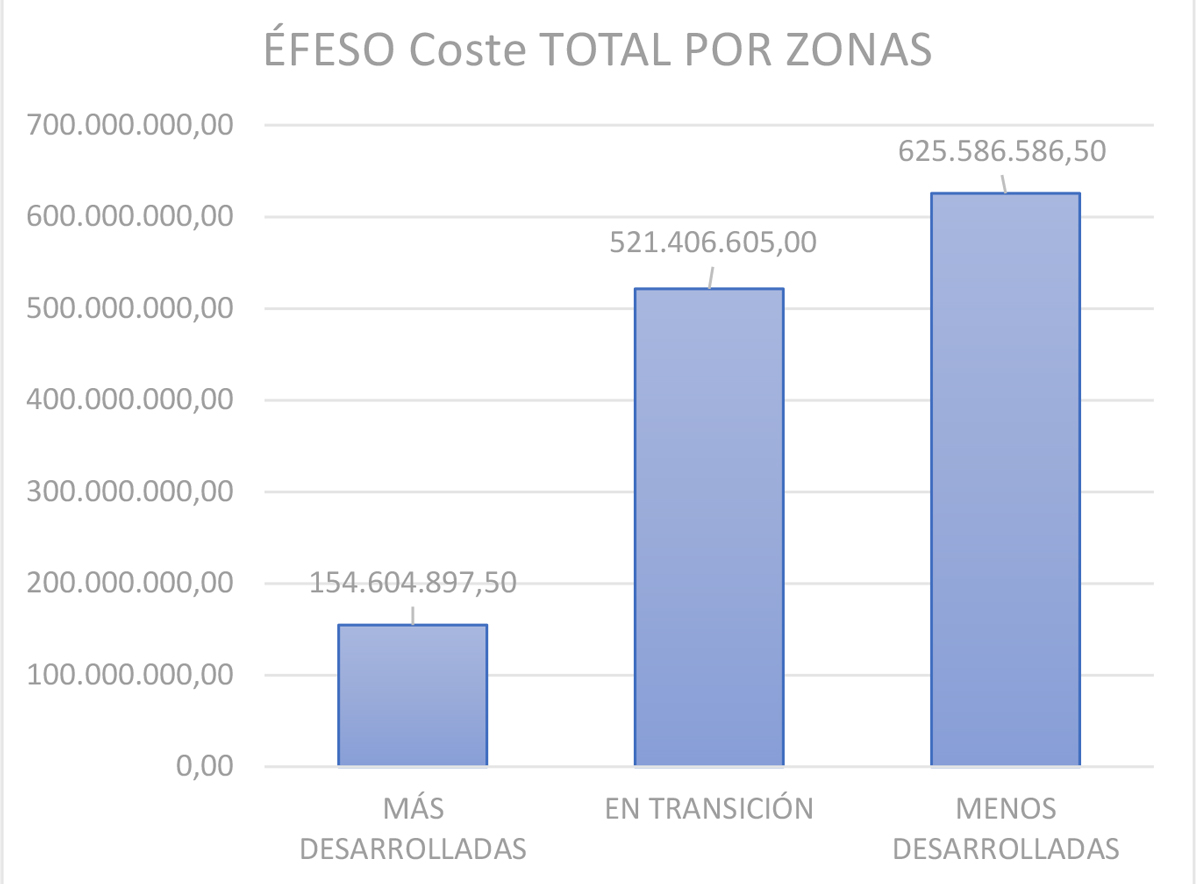
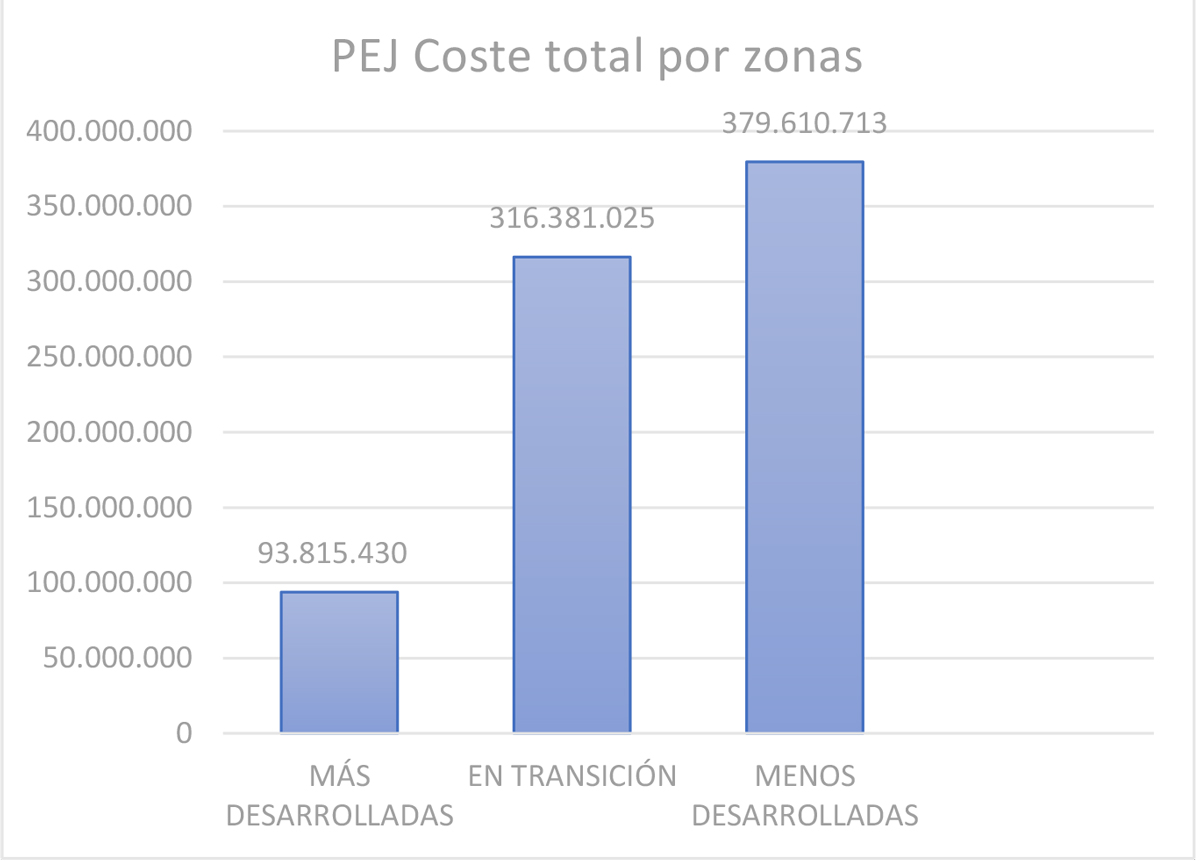
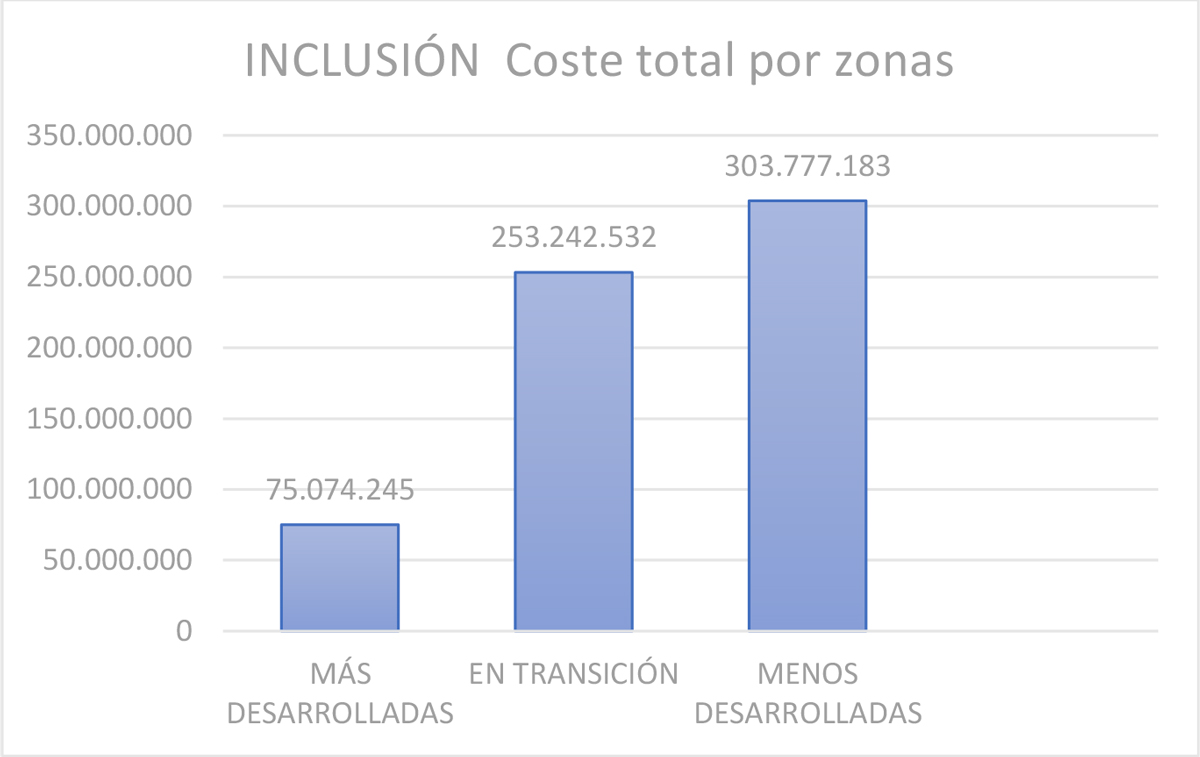
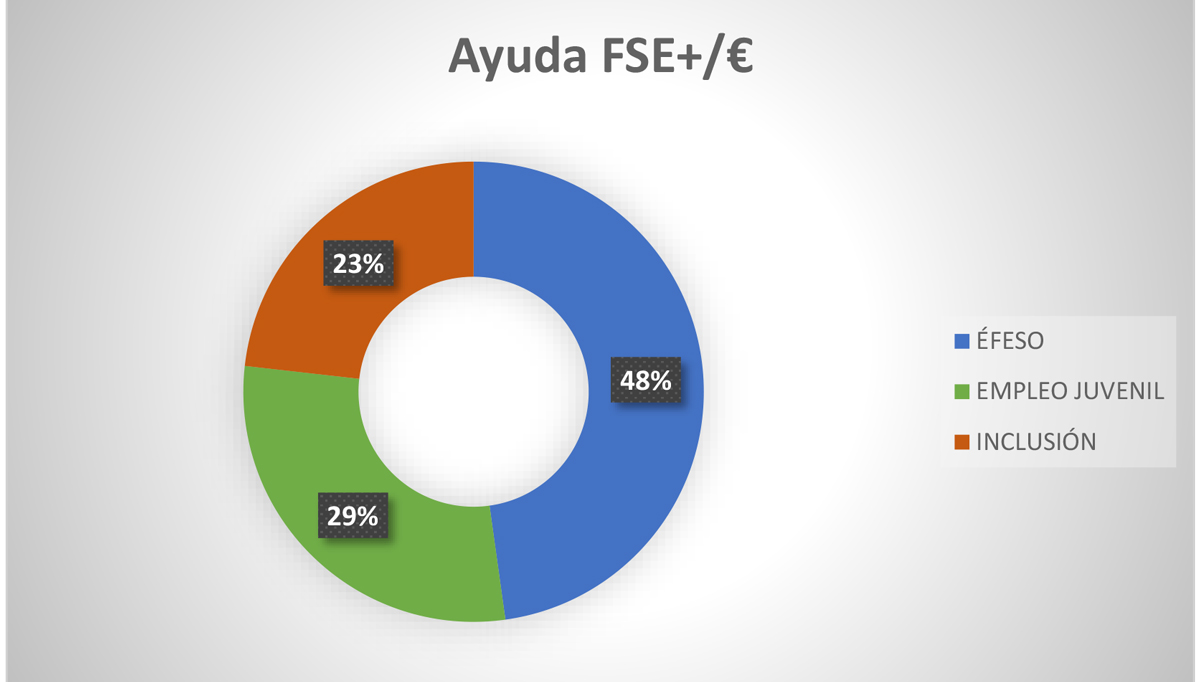
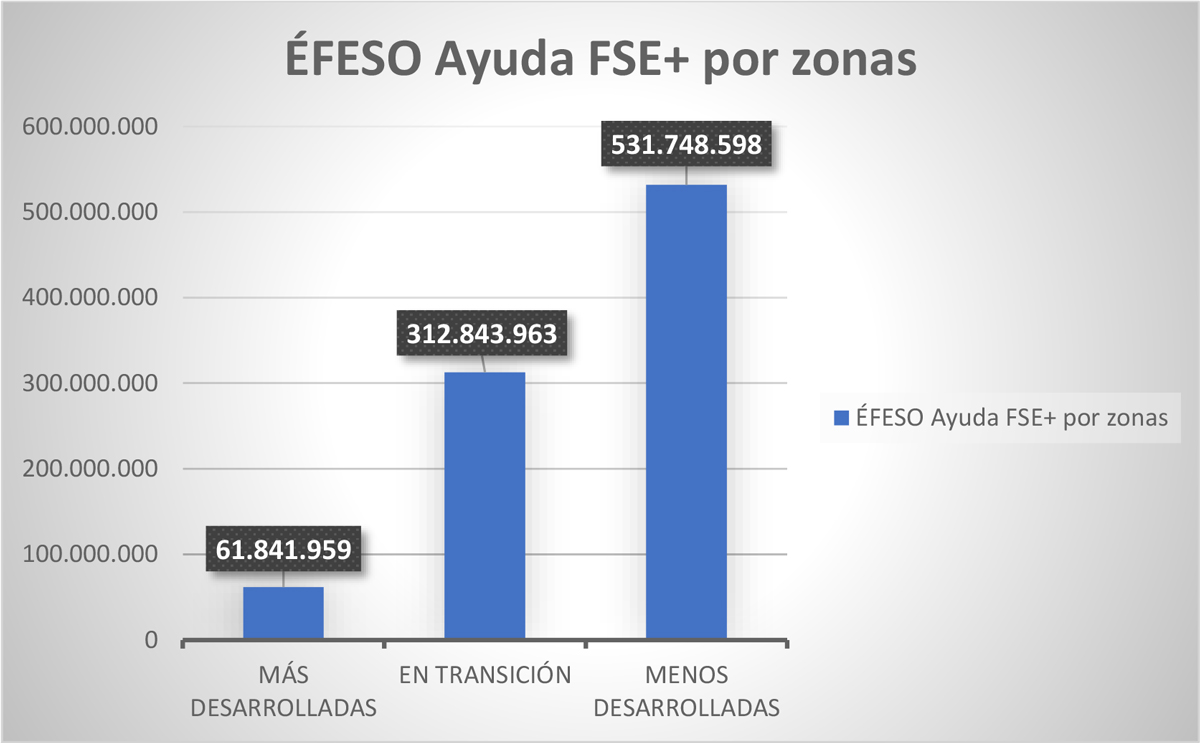
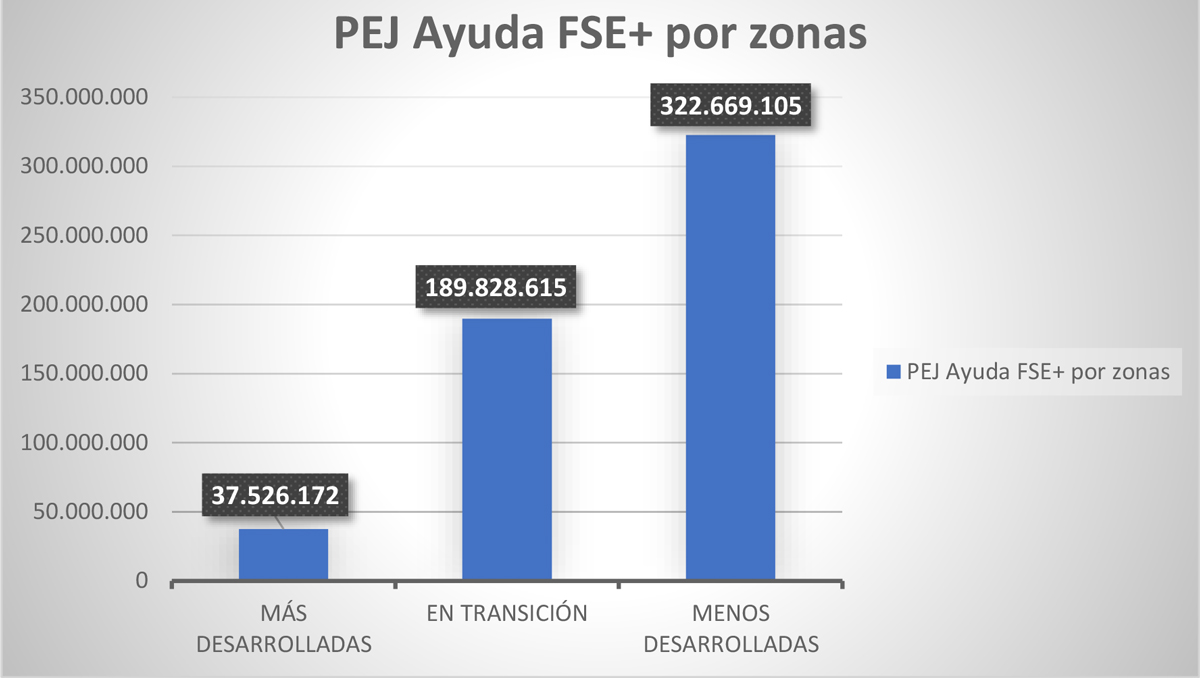
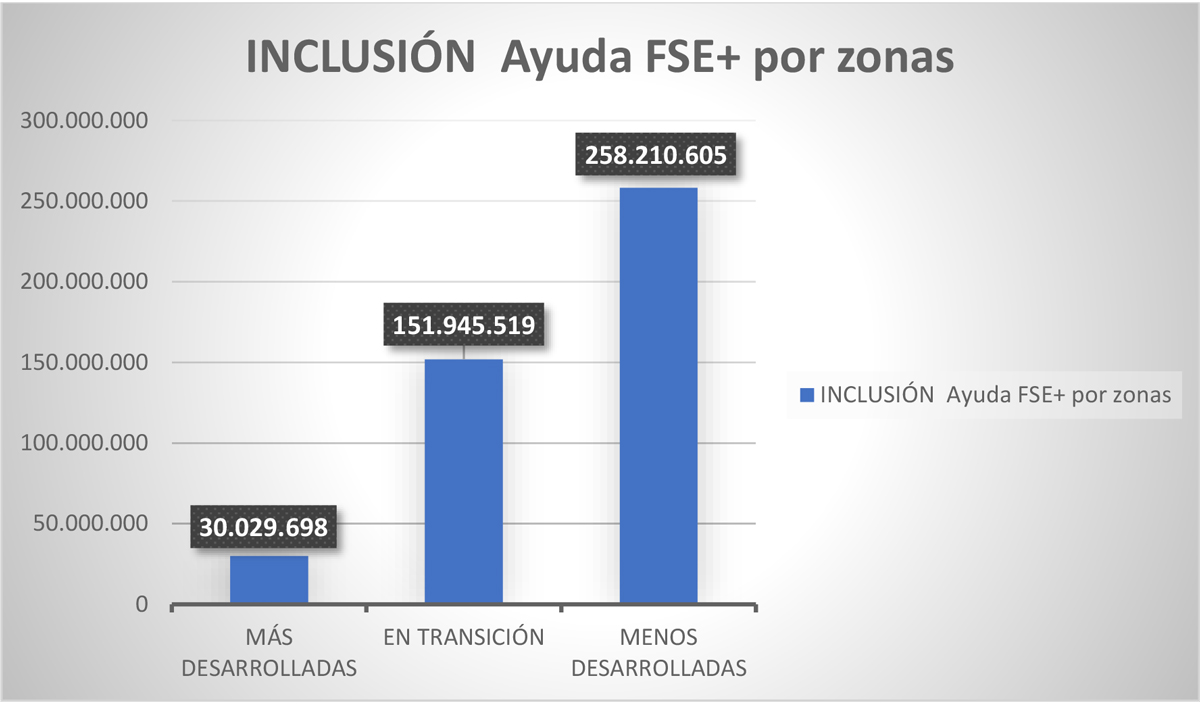
European Social Fund ESF + 2021 - 2027
New programmes
These new programmes are the baton from the Operational Programmes of Youth Guarantee (POEJ); employment, training and education (POEFE); and Social inclusion and the Social economy (POISES), of the period 2014 - 2020 .
Through Regulation (EU) 2021 / 1057 the european parliament and the council, 24 june 2021 it established the creation of the new programming period ESF +. To achieve its goals brings three instruments of the period 2014 - 2020 : the european Social fund (ESF), the youth employment Initiative (IEJ) and the merits of European Aid to the most disadvantaged people (FEAD).
The Esf + is one of the eight shared management set out in the The rules of procedure of Common Provisions (RDC) for 2021 - 2027 (EU Regulation 2021 / 1060 , the european parliament and the council, 24 june 2021 )the planned allocation for spain is 11 . 153 millions of euros.
Political Goals and objectives
The item 5 of the rules of procedure (EU) 2021 / 1060 establishes five Political Objectives (the 11 similarly, thematic in the previous period 2014 - 2020 in the item, 9 of the rules of procedure (EU) No 1303 / 2013 ). Among these five targets, the esf has specifically + number 4 : “ A more social europe and inclusive manner, through the implementation of the european pillar of social rights. ”
For its part, the item 4 . 1 of Regulation (EU) No 2021 / 1057 of ESF + sets out thirteen Specific Objectives (EO), listed below, linked to the Political Objective 4 (unlike thematic goals period 2014 - 2020 to be carried out in “ priorities for investment ”):
- A) Improve access to employment and the activation of the labour market.
- (B) modernizing institutions and services of the labour market.
- (C) Promote balanced participation in the labour market.
- (D) promote adaptation of workers, companies and entrepreneurs to change.
- (E) improve the quality and effectiveness of training systems.
- (F) promote equal access to education and training, quality and inclusive manner.
- (G) promoting lifelong learning through opportunities for all.
- (H) Encourage the active inclusion to promote equal opportunities.
- (I) Promote the socio-economic integration of third-country nationals, migrants included.
- (J) Promote the socio-economic integration of marginalised communities, as the roma.
- (K) enhance the equality and the opportunity in access to essential services.
- (L) promoting social integration of persons at risk of poverty and social exclusion.
- (M) to address the material deprivation through food, provision of basic assistance to the most deprived people.
For the achievement of these specific objectives, the sub-department for Financial Management of the SEPE (SGGF) has developed the following priorities, courses of action, and measures, as the various programmes.
Programme of employment, Entrepreneurship and the Social economy (EPHESUS)
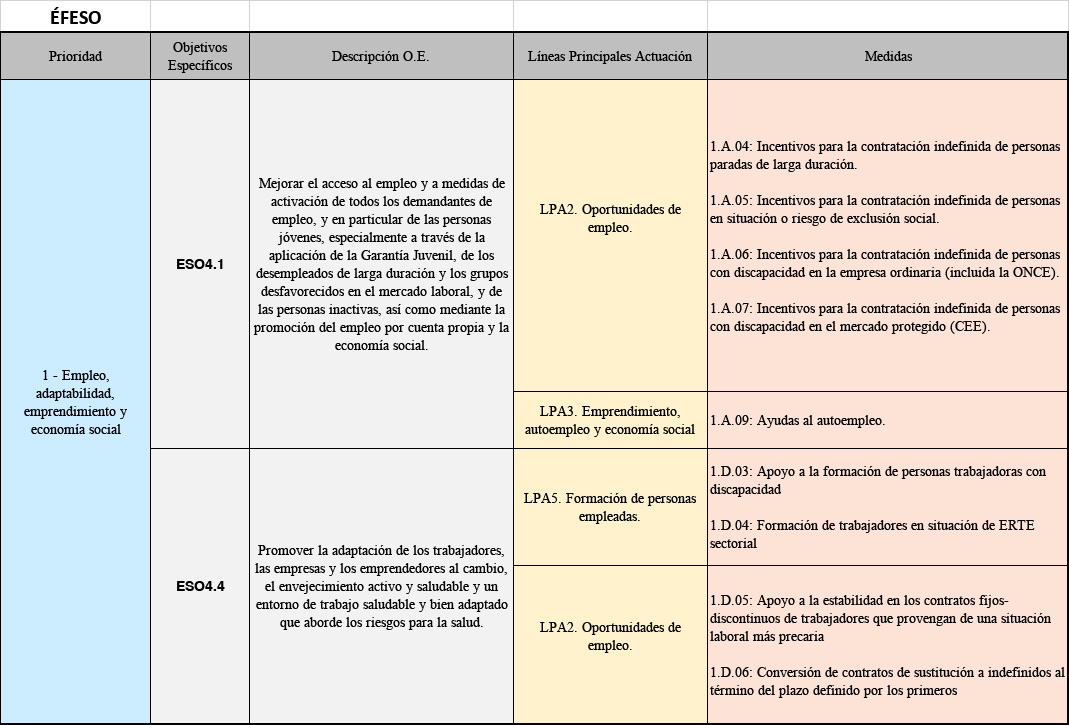
Priority 1 - Employment, entrepreneurship, adaptability and social economy
Specific objectives:
A) Improve access to employment and the activation of the labour market.
(D) promote adaptation of workers, companies and entrepreneurs to change.
Main lines of Action:
- LPA 2 Employment opportunities.
- LPA 3 Entrepreneurship, self-employment and social economy.
- LPA 5 Training of employees
Measures:
- Action 1 a. 04 : Incentives for the indefinite hiring of long-term unemployed workers.
- Action 1 a. 05 : Incentives for the indefinite hiring of persons, or at risk of social exclusion.
- Action 1 a. 06 : Incentives for the indefinite hiring of persons with disabilities in the ordinary company (including ELEVEN).
- Action 1 a. 07 : Incentives for the indefinite hiring of persons with disabilities in the protected market (EEC).
- Action 1 a. 09 : Support for self-employment.
- Action 1 .d. 03 : Support to the formation of working people with disabilities.
- Action 1 .d. 04 : Training of workers in sectoral ERTE.
- Action 1 .d. 05 : Support for stability in the contracts fijos-discontinuos of workers who come from an employment situation more precarious.
- Action 1 .d. 06 : Conversion of contracts of indefinite substitution at the end of the time frame for the first.
Youth employment scheme (EJ)
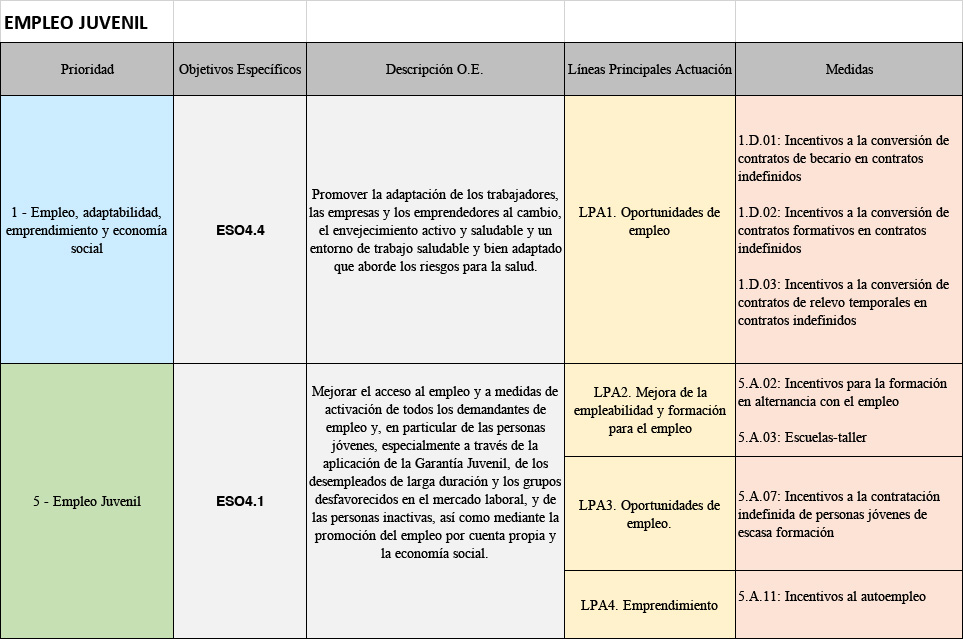
Priority 1 - Employment, entrepreneurship, adaptability and social economy - Priority 5 Youth employment.
Specific Objectives
(D) promote adaptation of workers, companies and entrepreneurs to change.
Main lines of Action
- LPA 1 Employment opportunities.
- LPA 2 Improvement of employability and job training.
- LPA 4 Enterprise.
Measures
- Action 1 .d. 01 : Incentives for conversion of contracts of indefinite contracts member.
- Action 1 .d. 02 : Incentives to the conversion of training contracts in indefinite contracts.
- Action 5 a. 02 : Incentives for training in alternation with employment.
- Action 5 a. 03 : Escuelas-taller.
- Action 5 a. 07 : Incentives for indefinite hiring of young people inadequate training.
- Action 5 a. 11 : Incentives for the self-employment.
The programme for the inclusion and combating poverty (INCLUSION)
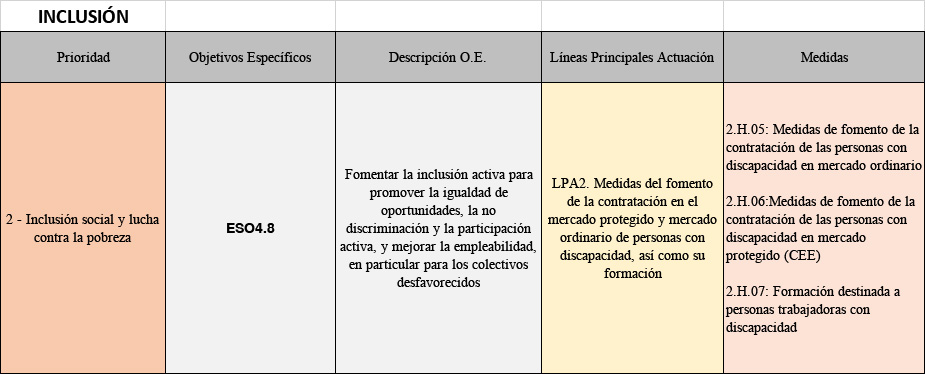
Priority 2 . Social inclusion and combating poverty
Specific Objectives
(H) Encourage the active inclusion to promote equal opportunities.
Main lines of Action
- LPA 2 .-Building measures on the labour market and regular market protected persons with disabilities, as well as their training.
Measures
- Average 2 .h. 05 : Confidence-building of the recruitment of persons with disabilities in regular market (including ELEVEN).
- Action 2 .h. 06 : Confidence-building of the recruitment of persons with disabilities in protected market (EEC).
- Action 2 .h. 07 : Training for people with disabilities.
Summary of the three programmes by priority, specific objectives, lines of action and measures
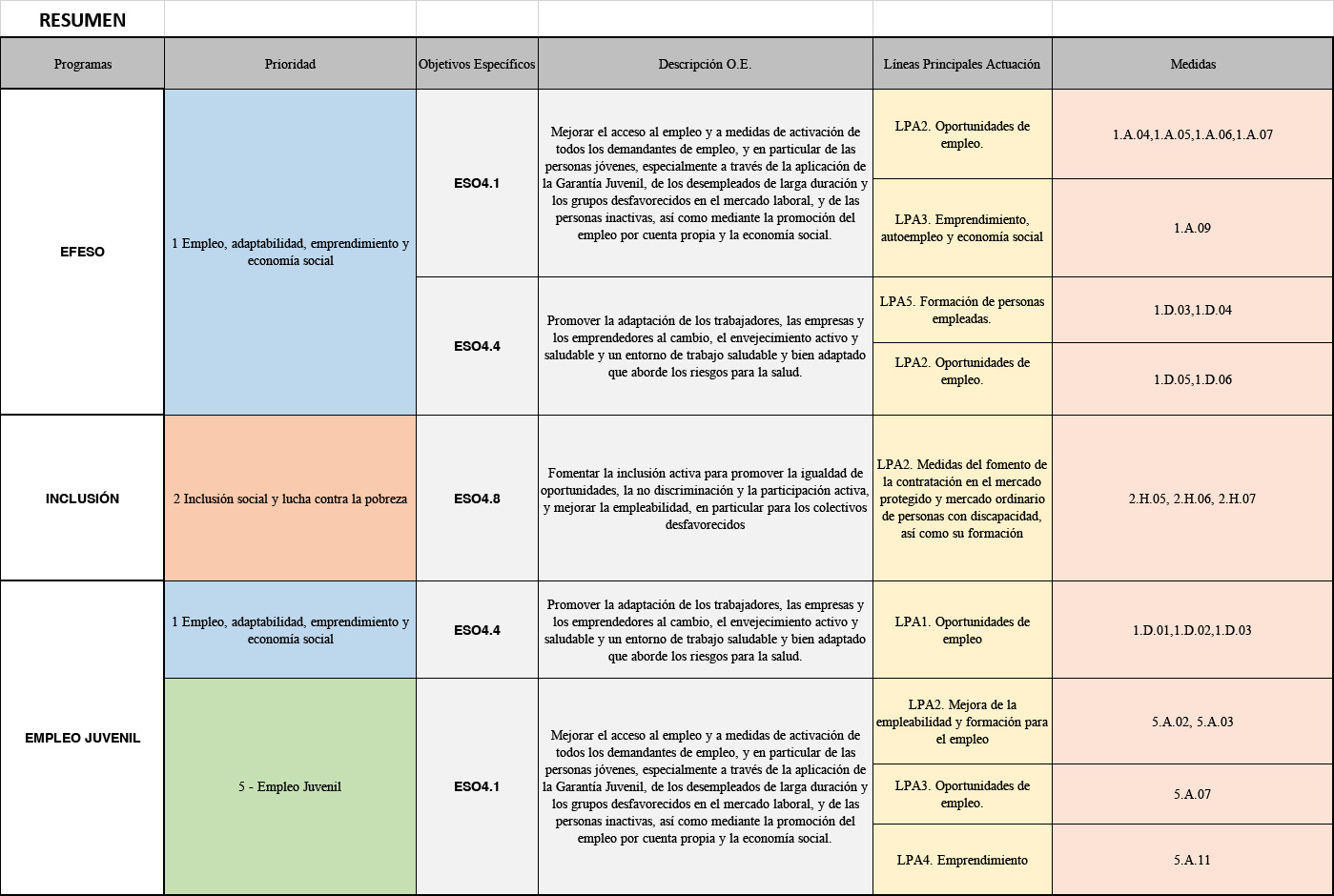
Contenidos relacionados con el Fondo Social Europeo
-

Nuevos cursos Talento Joven y Talento 45+ de la Cámara de Comercio de Madrid
La Cámara de Comercio de Madrid ha publicado nuevos cursos dentro de sus programas Talento Joven y Talento 45+.
January 22, 2026
En enero, curso gratuito de Talento Joven para inscritos en Garantía Juvenil
Los cursos se imparten en modalidad presencial, online o mixta y están enfocados a dotar a los alumnos de las competencias digitales necesarias para incorporarse al mercado laboral.
January 2, 2026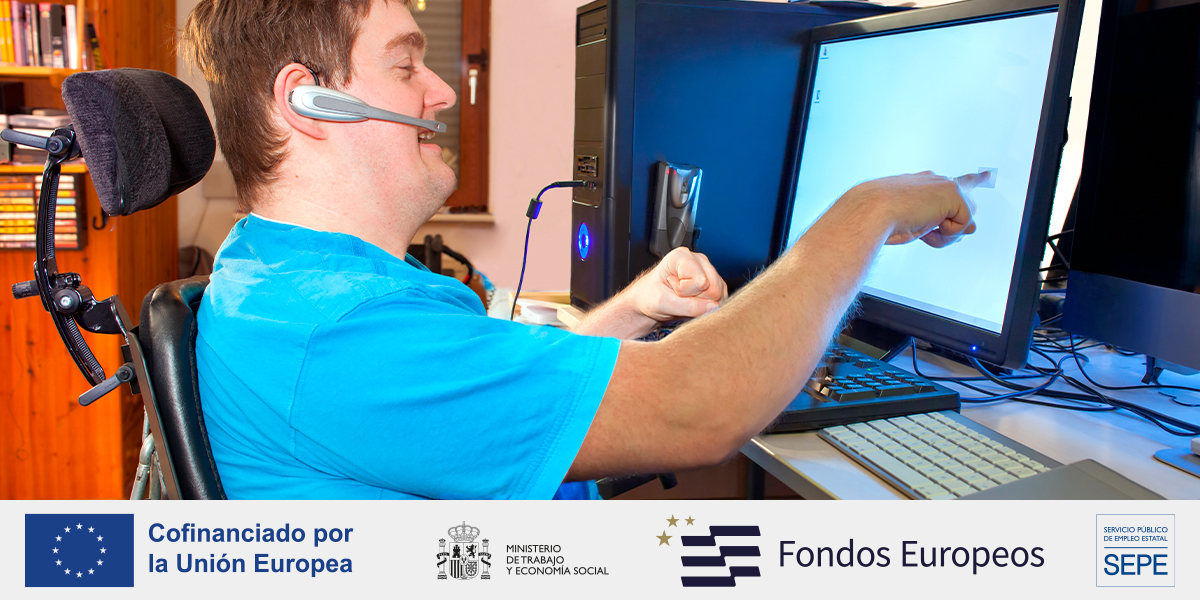
EL FSE+ promueve el empleo de las personas con discapacidad
Las ayudas y bonificaciones pueden variar según el tipo de contrato, el grado de discapacidad y la situación de la persona contratada.
December 22, 2025
